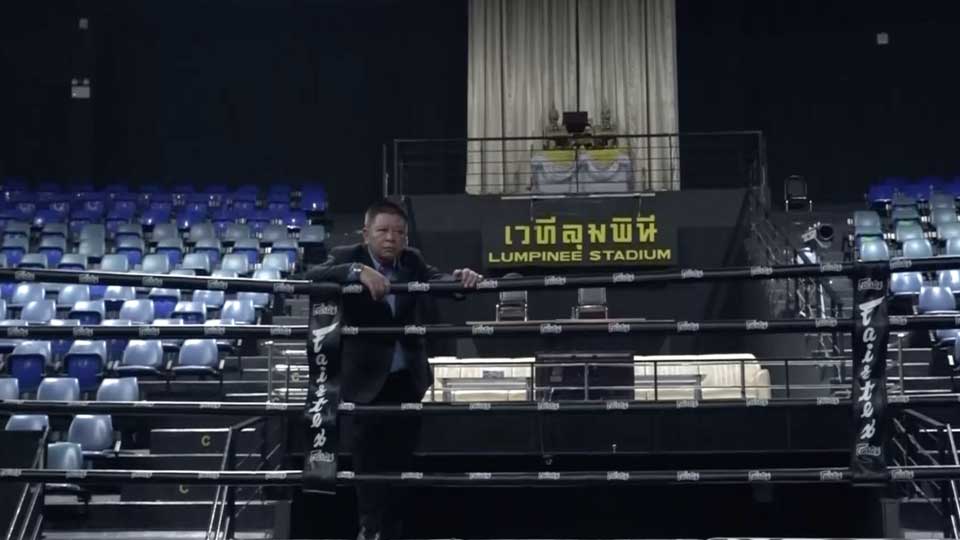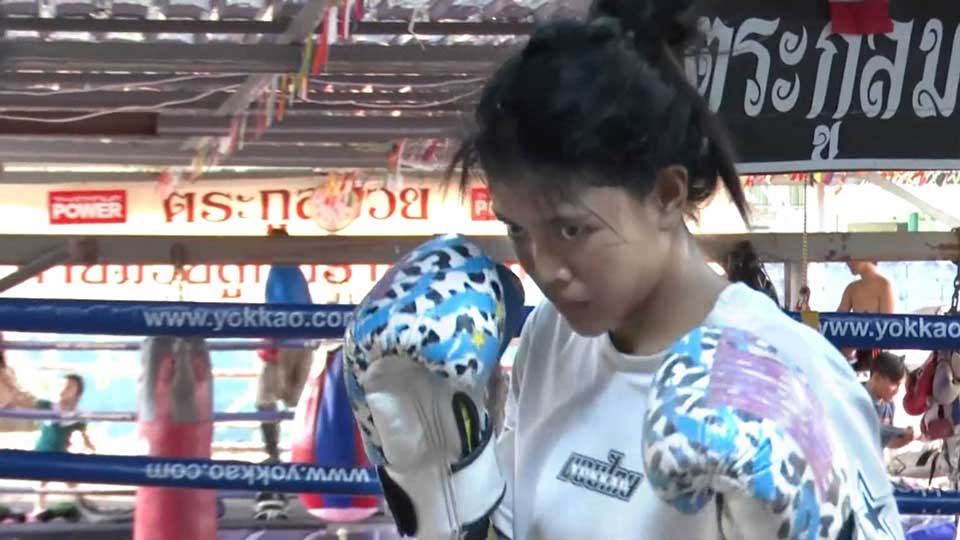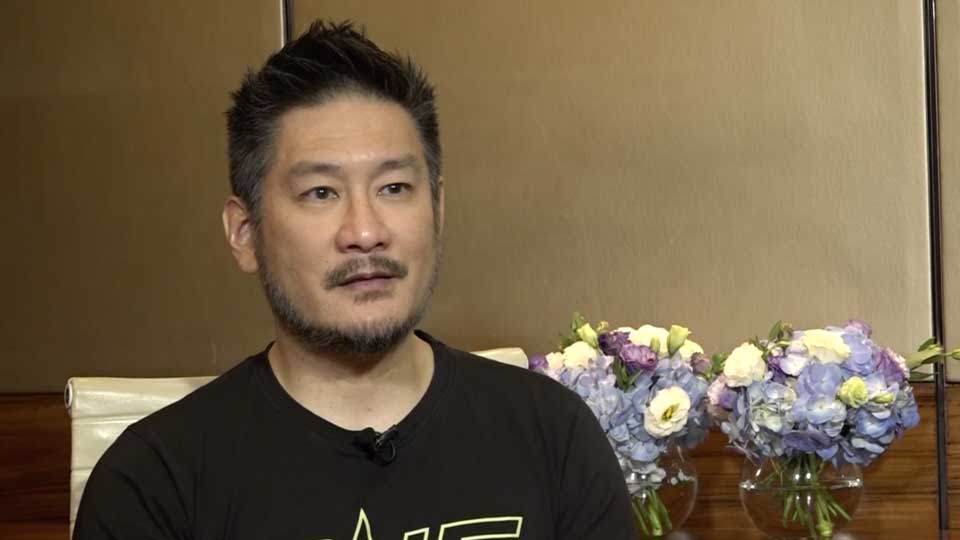Kickstarting a pandemic opportunity
Thai boxers make their entrance amid colorful, neon lights, flashing screens and loud, pulsating club music. The striking scene is a far cry from Muay Thai's former somber atmosphere. The change is part of a transformation that's been sweeping the sport since the country's first coronavirus outbreak was traced back to boxing stadiums. Many were forced to close.
Among them was Lumpinee Stadium, one of the country's oldest arenas. But rather than throw in the towel, the stadium ― run by the Royal Thai Army ― used the temporary closure as an opportunity to overhaul the industry.
The facility's deputy chief, Wasan Puengsampao, says he knew change was inevitable even before the hiatus. His first task was to ban betting to eliminate a negative image fostered by past gambling-related crimes. The arena had been known for the brawls and even murders that took place among spectators. But gamblers made up about 90% of visitors. This meant finding new revenue streams.
"Banning gambling was an absolute must for us since it affected our image. But if we didn't have people coming to gamble, how would we make money? We decided to attract sponsors by broadcasting live matches," recounts Wasan.

Embracing an unthinkable change
In another revolutionary shift, Lumpinee Stadium also decided to open traditional Muay Thai rings to female boxers that were previously barred. That has led to more fight opportunities for women across other prestigious stadiums that have followed suit.
For up-and-coming female boxer Kanyarat Yoohangoh, the change was almost unthinkable. Previously she had only been able to fight in obscure or undistinguished arenas.
"I never dreamed I'd box in the same ring as male Muay Thai legends. It was also an honor to hear that I'd be able to box in prominent stadiums," she says.
The 24-year-old grew up in a family with 13 siblings ― all Muay Thai fighters. She says it's a struggle to make ends meet from fighting alone. But now that she's able to compete at more prominent stadiums, she hopes to turn around her financial fortunes.
"The change is allowing female boxers to expand their dreams," says Kanyarat. "I'm more determined than ever to become a champion and have my picture hung on these stadium walls someday. It's time for us to show our skills and become superstars."

Getting global attention
The sport's changes have caught the eye of a major martial arts promoter. Earlier this year, Singapore-based One Championship began live streaming Muay Thai tournaments from Lumpinee Stadium. CEO Chatri Sityodtong believes the sport's new look will spur its internationalization as a global attraction.
"One Championship has the biggest viewership, the biggest platform in the world for Muay Thai. That's because it's a 100 percent clean sport. We celebrate the very best world champion martial artists on the planet, male or female," says Chatri. "This is very important if Muay Thai is to continue growing in popularity," he adds.
The pandemic crisis prompted Muay Thai's organizers to discard outdated traditions and embrace new opportunities. The Thai government now hopes to see the sport included in the 2028 Olympic Games in Los Angeles. Rolling with the punches has put Thailand's national sport on the path to unparalleled success.


